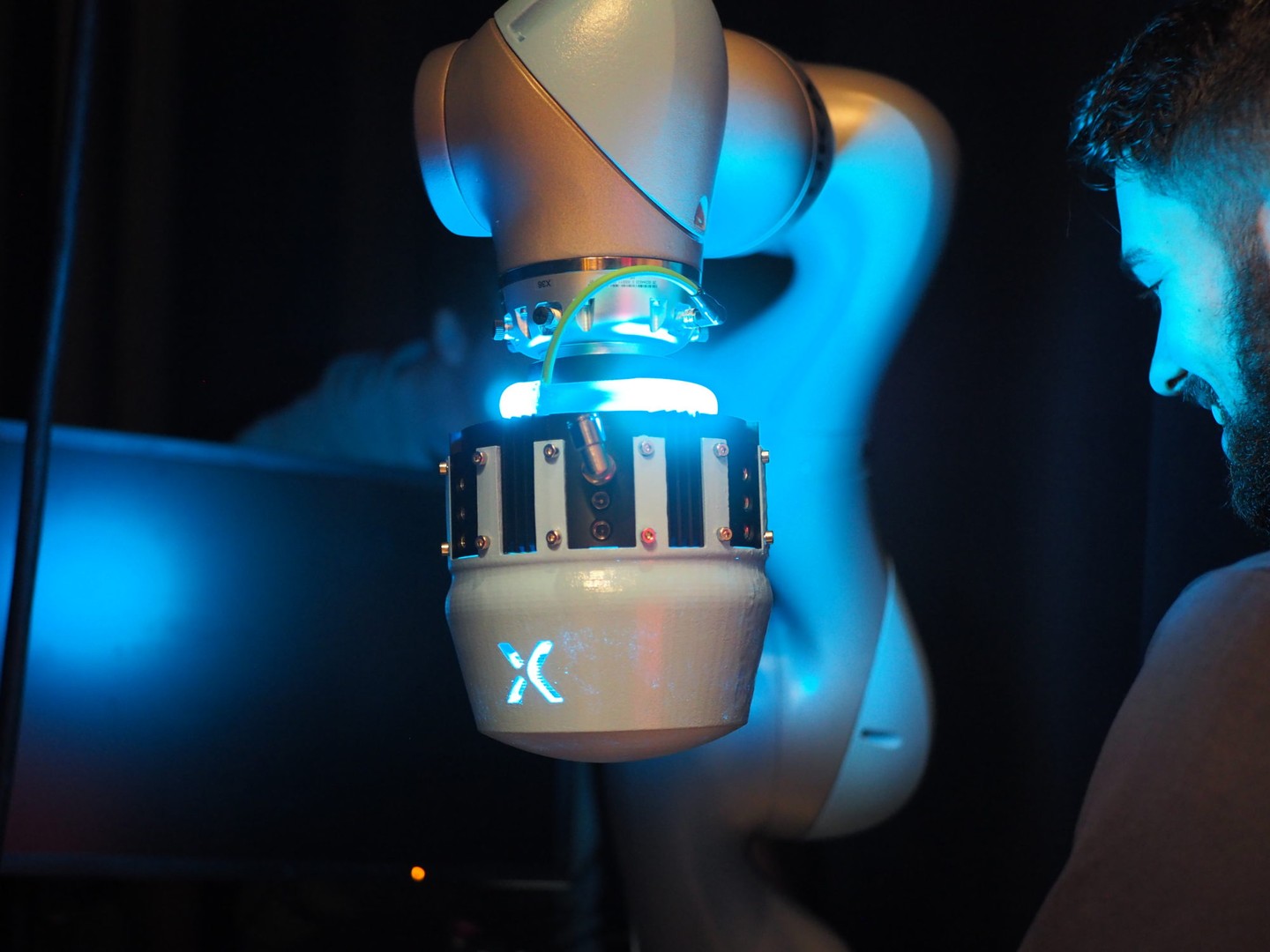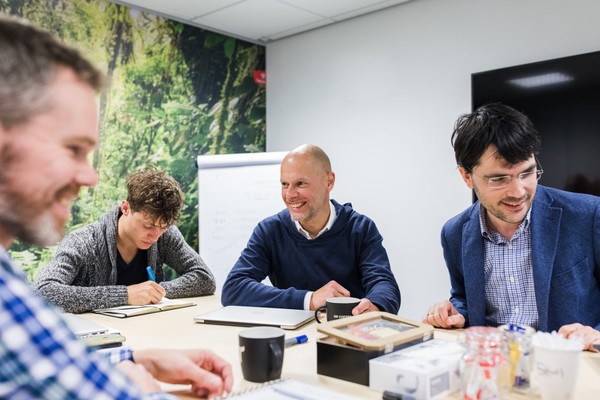Designing a strategy for calibrating robots using real-time fluoroscopy images and 3D scans
Are You Interested in Revolutionizing Robotic Surgery? Then This Is Something for You!

The integration of real-time fluoroscopy images with 3D scans has changed the field of medical robotics, offering precision and visualization during surgical procedures. However, to harness the full potential of this technology, it is imperative to ensure that the robot's base frame is accurately calibrated. Calibration discrepancies can lead to misalignment between the robot's movements and the patient body, potentially jeopardizing patient safety and surgical outcomes. The challenge lies in devising a calibration strategy that can seamlessly merge the dynamic nature of fluoroscopy images with the static 3D scans, ensuring that the robot operates with accuracy.
Goal
The primary objective of this assignment is to research and develop a robust calibration strategy tailored
for robots that utilize real-time fluoroscopy images in conjunction with 3d scans. The strategy should
ensure that the robot's base frame is precisely aligned with the visual data, allowing for accurate and safe
surgical interventions. The calibration method should be adaptable, catering to the KUKA LBR Med robot
model and surgical scenarios. Furthermore, the strategy should be user-friendly, enabling medical
professionals to recalibrate the robot efficiently when necessary. To validate the effectiveness of the
calibration strategy, experimental trials should be conducted, assessing the robot's performance in
simulated surgical environments.
RESEARCH OUTCOME
Upon successful completion of this assignment, candidates are expected to produce a detailed research
report outlining their calibration strategy, methodologies employed, and the results from the experimental
trials. The report should provide insights into the challenges faced during the calibration process, the
solutions devised, and recommendations for future enhancements.
PROFILE OF THE CANDIDATE
The ideal candidate for this assignment should have a background in robotics, medical imaging, or
calibration techniques. Familiarity with fluoroscopy and 3D imaging technologies will be highly beneficial.
The candidate should also possess analytical skills, enabling them to identify potential calibration
challenges and devise innovative solutions. A passion for advancing medical technology and improving
surgical outcomes is essential.
Interested?
Interested in this assignment? Send us a mail via smart@novelt.com






